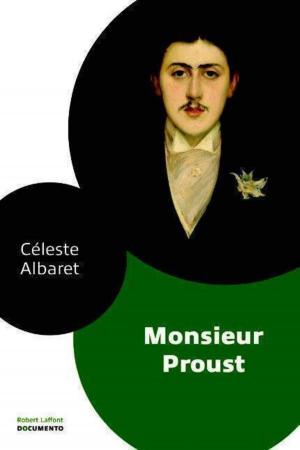| Author: | gillian davies | ISBN: | 9781386822103 |
| Publisher: | gillian davies | Publication: | September 15, 2017 |
| Imprint: | Language: | English |
| Author: | gillian davies |
| ISBN: | 9781386822103 |
| Publisher: | gillian davies |
| Publication: | September 15, 2017 |
| Imprint: | |
| Language: | English |
This is a discursive analysis of issues involving three areas of critical theory, Gender, Interior-Design and the Historiography of Modernist Ideology. Texts from a wide range of disciplines are revised and combined with theoretical knowledge in order to critically re-evaluate the lives and works of three women designers from the early Twentieth Century. Archival evidence and media reviews are presented in order to compare and revise previously published narratives. The concept of Modernism has permeated the ideologies of twentieth century design. As we move further away from early interpretations and chronicles, the limitations of the narrative became more obvious through the many new archives that became available to students of knowledge and researchers of realities. The theoretical knowledge is closely combined with the lives and work of the designers studied.
Researching the life and work of Elsie de Wolfe along with the work of two other designers, Eileen Gray and Syrie Maugham, involves a closer reinterpretation of three major interwoven social and cultural discourses, namely, the perception of gender, the narrative of modernism and the history and development of professional interior design. Weaving together some crucial configurations in such a study it appears that these designers might have subverted the cultural values of all of these areas. They seem to have produced a new cultural activity and asserted their own personal identity in relation to all three discourses. This text suggests a new definition of their role in relation to the cultural production of early modernism. Clarifying such a definition will emphasise the importance of grounding modernist innovation and interpretation. Issues of agency, production and consumption are vital to acknowledge in relation to the accepted gender roles within the cultural hegemony of early modernist thought.
This is a discursive analysis of issues involving three areas of critical theory, Gender, Interior-Design and the Historiography of Modernist Ideology. Texts from a wide range of disciplines are revised and combined with theoretical knowledge in order to critically re-evaluate the lives and works of three women designers from the early Twentieth Century. Archival evidence and media reviews are presented in order to compare and revise previously published narratives. The concept of Modernism has permeated the ideologies of twentieth century design. As we move further away from early interpretations and chronicles, the limitations of the narrative became more obvious through the many new archives that became available to students of knowledge and researchers of realities. The theoretical knowledge is closely combined with the lives and work of the designers studied.
Researching the life and work of Elsie de Wolfe along with the work of two other designers, Eileen Gray and Syrie Maugham, involves a closer reinterpretation of three major interwoven social and cultural discourses, namely, the perception of gender, the narrative of modernism and the history and development of professional interior design. Weaving together some crucial configurations in such a study it appears that these designers might have subverted the cultural values of all of these areas. They seem to have produced a new cultural activity and asserted their own personal identity in relation to all three discourses. This text suggests a new definition of their role in relation to the cultural production of early modernism. Clarifying such a definition will emphasise the importance of grounding modernist innovation and interpretation. Issues of agency, production and consumption are vital to acknowledge in relation to the accepted gender roles within the cultural hegemony of early modernist thought.















